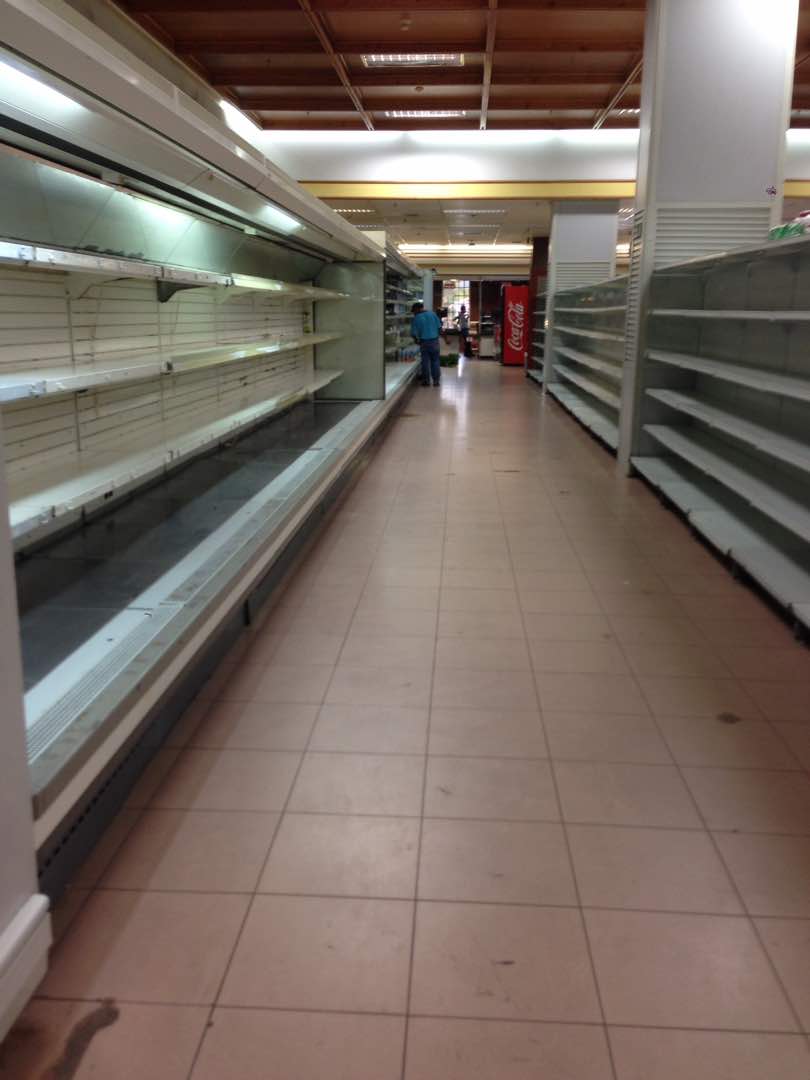Venezuelan Collapse Fuels Power Struggle
- Category:
- General News

By Kevin Roepke, USSEC Regional Director – Americas
With the blessing of the Trump Administration, Juan Guaidó took the oath of office last week to claim his legitimacy for Venezuela’s presidency. Shortly after the United States issued a statement that it would no longer recognize Nicolás Maduro as the president, many Latin American countries and allies followed suit. Canada, Argentina, Brazil, Colombia, Chile, Peru, Costa Rica, Ecuador, Guatemala, Honduras, Paraguay and others have all agreed with the U.S. in recognizing Guaidó as the Interim President. Mexico, Cuba, Russia, and China have all either expressed support for Maduro or stopped short of recognizing Guadó’s legitimacy. The historic event that captured global headlines was the culmination in a series of protests around the road that saw millions of Venezuelans take to the streets—demanding Maduro’s ouster.
The event is seen as the most recent set of chaotic circumstances that led Venezuela into one of the quickest economic decays in modern history. Almost 90 percent of Venezuelans now live in poverty. Rampant corruption, cronyism, incompetence and state controls have all culminated into the demise of what was once one of Latin America’s richest countries. Even today, Venezuela boasts the most proven oil reserves in the world—yet mismanagement and government controls have resulted in hyperinflation, starvation, and rampant poverty.
Global food security is one of the pillars of USSEC. What’s happened in Venezuela is a global humanitarian crisis of epic proportions. In 2017, it was reported that the average Venezuelan lost around 24 pounds of body weight as food scarcity and malnutrition scourged the country. This coming after an average reported weight loss of nearly 18 pounds in 2016.
The Maduro regime administers currency controls, which limited the ability to import feed products like corn and soybean meal, while imposing price controls on products like chicken. The result was a case study in disastrous food security policy. As farmers could no longer produce poultry at a profit with the required price, they simply opted to not produce anything. The result was rampant shortages of daily necessities like beef, chicken, milk, pasta, cheese, sugar, corn flour, wheat flour, toilet paper diapers, soap, and shampoo.
To highlight this destruction, USSEC figures show the poultry industry has contracted a catastrophic 80 percent and the swine sector has contracted 73 percent since only 2015. With the poor economics and import restrictions, the poultry industry is currently operating at an anemic 14 percent capacity. With the completely decimated animal protein production sectors, imports of U.S. soybeans have collapsed into the region by a commensurate amount. In the 14/15 marketing year, Venezuela was the fourth largest market for U.S. soybean meal, importing roughly 750,000 metric tons (MT). However, in the most recent marketing year, imports have plummeted to just 166,000 MT—a decrease of 78 percent.
To exacerbate conditions, the Maduro administration issued ration cards to impoverished and starving citizens, that were oftentimes referred to as “loyalty cards” for their inherent requirement to pledge support for the Maduro government and the “Bolivarian Revolution” initially started by Maduro’s predecessor, Hugo Chavez. These loyalty cards only strengthened Maduro’s power amongst the most vulnerable and impoverished segments of society.
With Venezuela’s resources, it clearly has some of the highest potential for growth and wealth creation in the world. Unfortunately it is also a case study in how unfavorable trade policies can negatively impact food security and economic prosperity.

